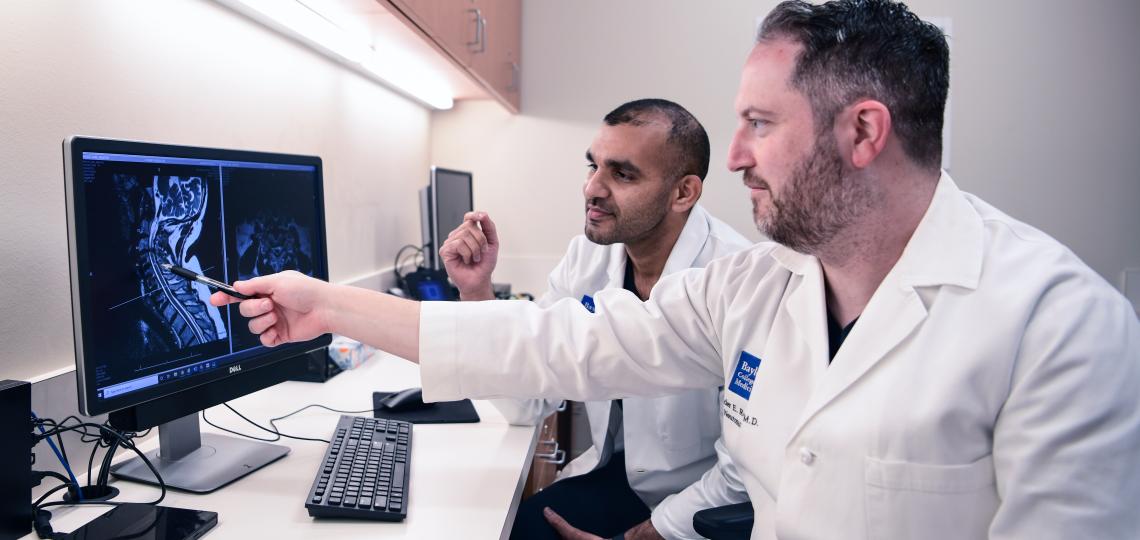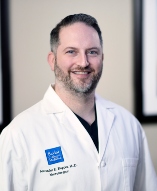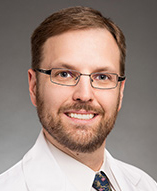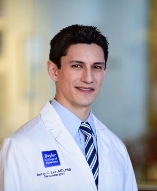
About Spine Neurosurgery
Many people suffer with back and neck-related issues and have given up finding a solution. Our spine neurosurgeons are specialists who treat the full range of spine disorders, with the latest techniques, and they are focused on helping their patients achieve the best possible outcome to get them back to their busy lives as quickly as possible. We treat all diseases of the cervical, thoracic and lumbar spine, including:
- Disc disease (disc herniation)
- Stenosis (spinal stenosis)
- Lumbar claudication
- Spondylolisthesis (spinal instability)
- Myelopathy (spinal cord compression)
- Radiculopathy
- Vertebral fractures
- Flat back syndrome
- Adult scoliosis and spinal deformity
- Spinal infections, trauma and tumors
- Post-laminectomy syndrome
- Basilar invagination and Chiari malformation
Treatments
We take pride in carefully evaluating our patients and helping them determine whether surgery is their best option. We also have the experience to know when surgery may not be the best option and have access to pain medicine physicians, physiatrists, therapists, and other healthcare specialists who may provide alternative treatments at the Baylor Medicine Spine Center. In many cases, we recommend avoiding surgery and pursuing conservative measures such as physical therapy, therapeutic injections, and other non-surgical treatments.
We offer extensive surgical options, especially striving to utilize minimally invasive techniques when possible. Our treatment options and techniques include:
- Laminectomy
- Microdiscectomy
- Foraminotomy
- Fusion
- Laminoplasty
- Artificial disc replacement
- Deformity correction
- Minimally invasive surgery
- Vertebroplasty and kyphoplasty
Meet Our Team

Alexander Ropper, M.D.
Dr. Ropper trained in neurosurgery at Brigham and Women’s Hospital, Harvard Medical and then completed a fellowship in complex spine surgery at the Barrow Neurological Institute in Phoenix. He sees patients with all spinal disorders, including back and neck pain, and has a special interest in minimally invasive surgical techniques for the treatment of degenerative and traumatic spinal conditions.

Cyrus King, M.D.
Dr. King trained in neurosurgery at the University of Cincinnati then completed additional training at Indiana University and Goodman Campbell Brain and Spine where he became fellowship-trained in spine surgery with a focus on complex spine and deformity surgery. Dr. King is committed to excellence in patient care and education, and to keep patients, their families, and referring providers updated throughout the treatment process.

Dr. Justin Lee is a neurosurgeon-scientist specialized in the evaluation and treatment of complex spinal disorders. He completed his medical and doctoral degrees through the Medical Scientist Training Program at Columbia University College of Physicians and Surgeons. Dr. Lee then completed his neurosurgical residency at Keck School of Medicine of the University of Southern California (USC). There he also completed an enfolded AO spine fellowship. He aims to utilize cutting edge neurosurgical techniques including the least invasive methods necessary to optimize long-term patient outcomes. Dr. Lee seeks to empower each patient with the knowledge to fully understand his or her therapeutic conditions in order to create a patient-centered and individualized treatment plan.








